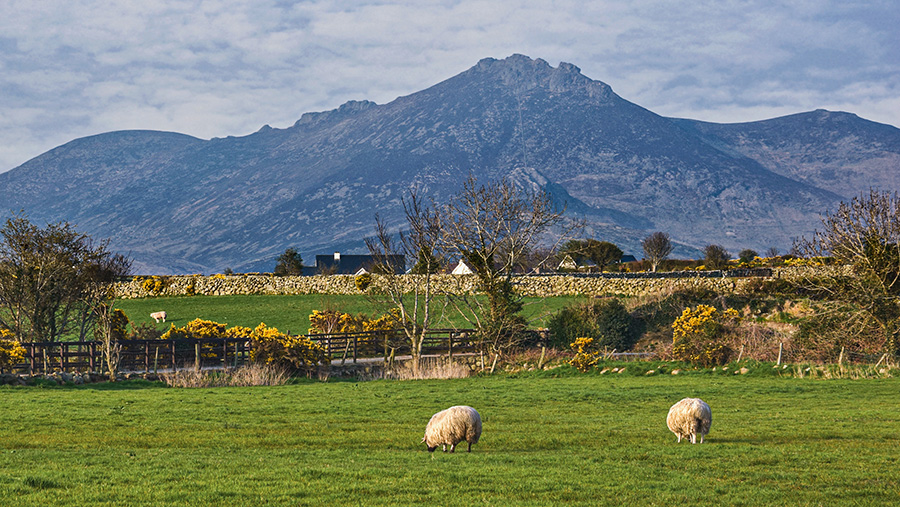Northern Ireland soil health scheme a ‘milestone for farming’
 © Adobe Stock/Jane McIlroy
© Adobe Stock/Jane McIlroy A £45m scheme to improve soil health in Northern Ireland has been hailed as a major milestone that could revolutionise farming.
The aim of the Soil Nutrient Health Scheme (SNHS) is to help farmers reduce pollution from run-off and erosion and improve their economic and environmental sustainability.
It will do this by capturing information on nutrient levels for each field on participating farms. The scheme will also provide an estimate of the amount of carbon stored in soils, hedgerows, and trees across the farms.
See also: Eustice: Creative solutions needed to cut dependence on AN
Contracts for the soil collection and analysis have already been awarded and the scheme will be rolled out to farms in stages over the next four years.
Using a zonal approach, the first farmers eligible will be able to apply via the Department of Agriculture, Environment and Rural Affairs (Daera) online services during May 2022. Soil collections will begin in November 2022.
The scheme will also offer specific training to help farmers understand and make use of the carbon and nutrient data.
Daera farm minister Edwin Poots explained that the data would allow farmers to match nutrient applications with crop needs, increasing efficiency and cutting pollution risks.
Mr Poots added that the baseline data delivered through the SNHS would be a key platform for farm support schemes plans in the province. And he encouraged all NI farmers to take part.
“I will be writing to all the farmers in Zone 1 to encourage them to participate in the scheme to ensure they benefit from what it can offer,” Mr Poots said.
Major milestone
The Ulster Farmers’ Union (UFU) said the scheme marked a major milestone for the agriculture industry.
UFU president Victor Chestnutt said that NI would be the first region to establish an extensive baseline of all farms on soil nutrients, below- and above-ground carbon stocks.
“This has the potential to revolutionise the way we manage our land and soils as a region, helping us understand more precisely what is happening on our farms,” said Mr Chestnutt.
“If we measure, we can manage, and this scheme will help us to improve water quality and make more progress towards climate change targets on a science-led, evidence-based approach.”
Mr Chestnutt encouraged all farmers to take advantage of the scheme, which he said would have massive benefits for farm business as well as the environment.
